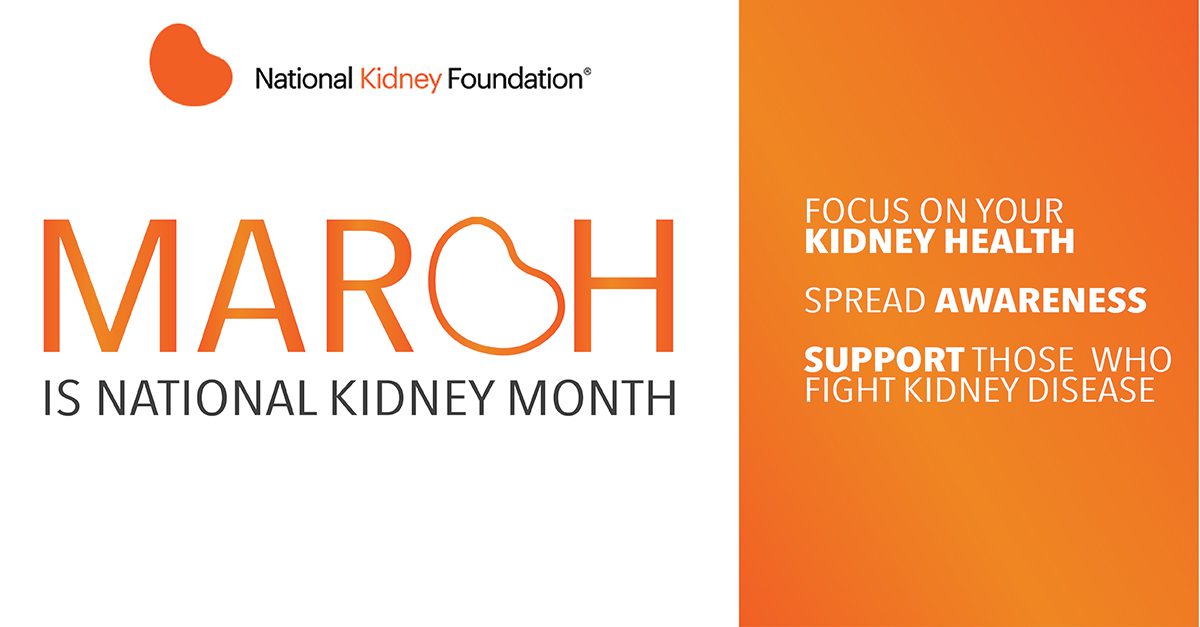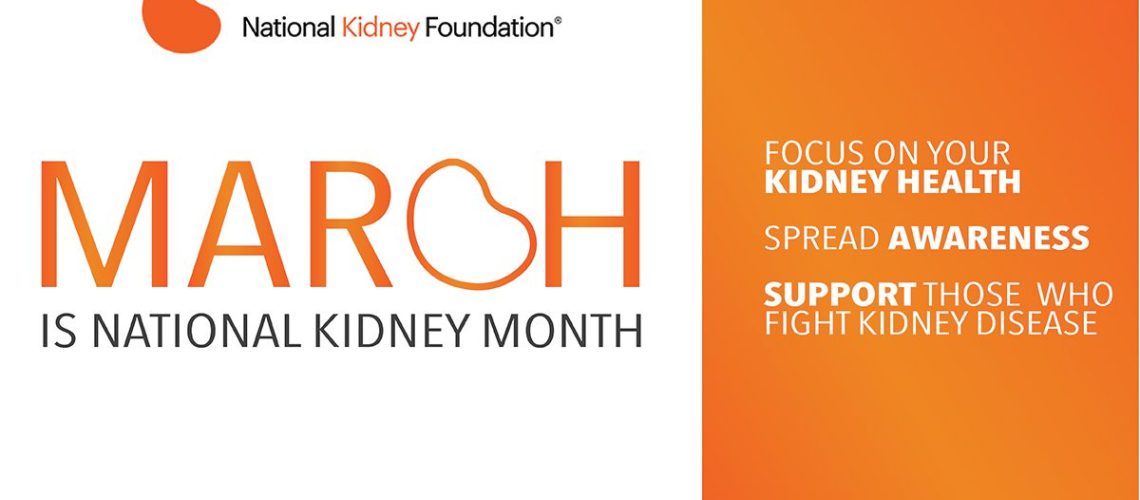
Your kidneys are responsible for filtering your blood. These vital organs clean 200 liters of blood a day. They also regulate blood pressure and help make red blood cells.
Malfunctioning kidneys can cause serious health complications, including buildup of waste and extra water in the body. According to the National Kidney Foundation, over 26 million Americans have a chronic kidney disease, and many more are at risk.
So how can you help your kidneys stay healthy? Here are some tips:
Regularly Monitor Blood Pressure and Blood Sugar Levels
The two main causes of kidney disease and kidney failure are high blood pressure and diabetes. About half of those diagnosed with diabetes will eventually develop some level of kidney damage. Keep an eye on your blood pressure and blood sugar levels, particularly if you already have one or both conditions. The damage to kidneys from high blood pressure and diabetes can be reduced if the damage is detected early.
Good Diet and Exercise
A healthy diet is so important to preventing disease. Watch your salt intake and minimize processed foods to help prevent diabetes and heart conditions. Regular exercise also helps with overall health. It doesn’t have to be strenuous or above your ability level. Exercise, especially for seniors, can simply mean walking every day or participating in low impact activities, such as yoga for seniors.
Drink Plenty of Water
Water and clear fluids help the kidneys perform their job of cleaning the blood of sodium, urea, and other toxins. Remain hydrated through the day by drinking water frequently. However, be careful to not drink too much water. The ideal water intake level varies for each person, so pay attention to your body as you drink throughout the day to find your ideal amount. Caregivers should monitor those in their care, and watch for signs of dehydration or over-hydration.
Take Medications as Prescribed
Since the kidneys clean the blood of toxins and other materials, it’s especially important to proper kidney function that patients take medications only as prescribed by a doctor. Some over-the-counter medications for pain relief, such as those containing acetaminophen (Tylenol®) or ibuprofen (Advil® or Motrin®), can damage the kidneys if taken in too high a dose over a prolonged period of time.
Additional Reading
World Kidney Day website: http://www.worldkidneyday.org
National Kidney Foundation: https://www.kidney.org


